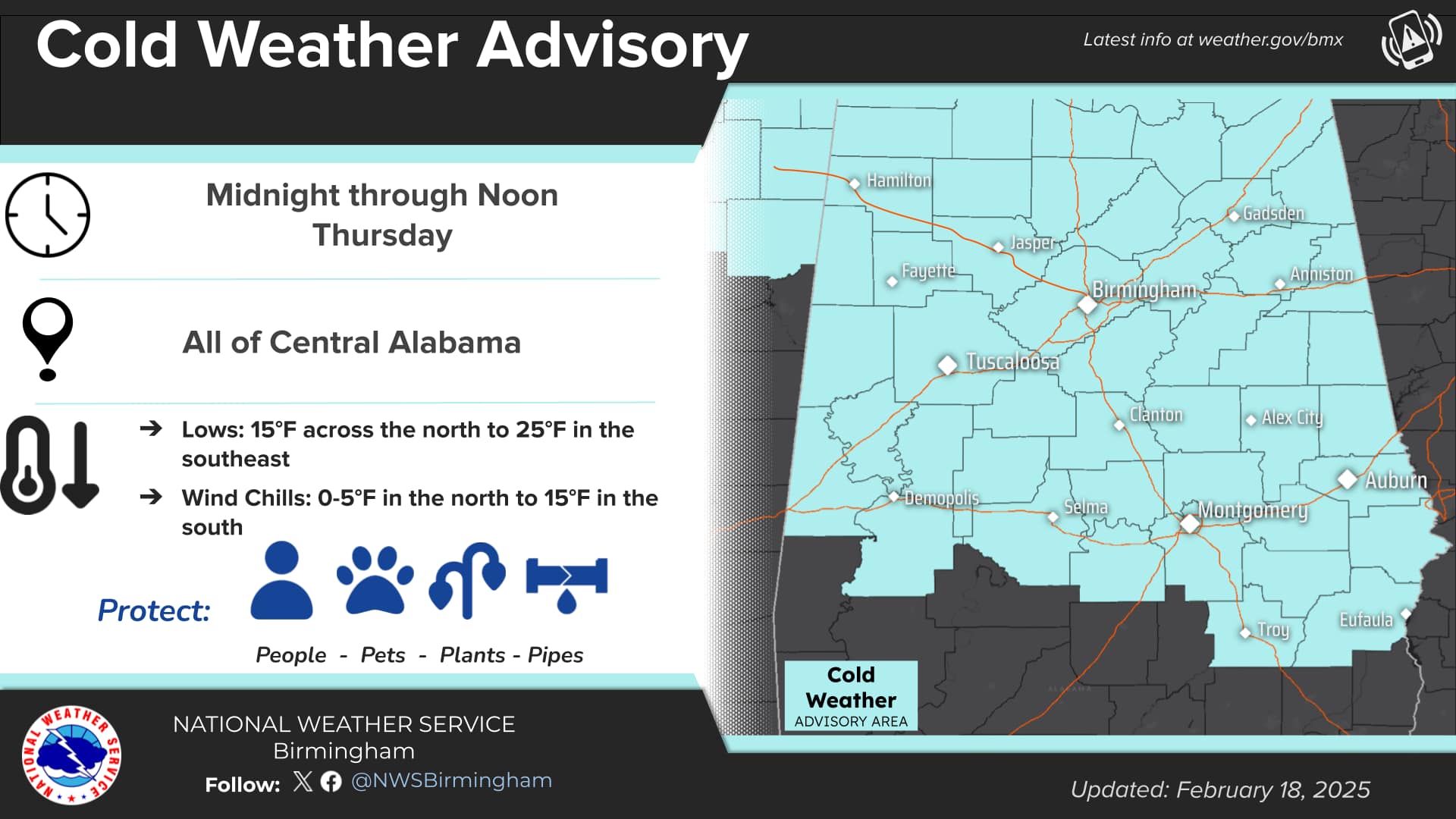
(WASHINGTON) — Freshly confirmed by the U.S. Senate, Health Secretary Robert F. Kennedy Jr. told a room packed with federal health workers on Tuesday that he plans to “investigate” whether the timing of childhood vaccinations and anti-depression medications are among several “possible factors” in the nation’s problem with chronic diseases.
“Nothing is going to be off limits,” Kennedy told the large crowd Tuesday.
The campaign-style speech at the Department of Health and Human Services headquarters was intended for staff only, although a livestream link was circulated. Staff was invited to meet him afterward, and an emailed invitation sent earlier to HHS workers noted “selfies are welcome!”
Kennedy’s offer of selfies with staff came amid widespread firings and resignations across the federal government were underway, including at HHS. Agency officials have not provided details on the firings, including what the impact there could be.
According to people familiar with the effort, some 700 employees at the Centers for Disease Control and Prevention were fired late last week.
Kennedy urged staff to keep an “open mind” on Tuesday as he planned to turn the agency’s vast resources to revisit matters considered as settled science.
“We will convene representatives of all viewpoints to study the causes for the drastic rise in chronic disease,” Kennedy said. “Some of the possible factors we will investigate were formally taboo or insufficiently scrutinized.”
He then gave a list of these “possible factors” to investigate including the childhood vaccine schedule and “SSRI and other psychiatric drugs,” referring to federally approved drugs that help treat such conditions as depression and anxiety.
Studies do not suggest vaccines or SSRIs are to blame for chronic illnesses, such as autism or obesity. Critics argue Kennedy’s rhetoric could create more doubt and public mistrust of these medicines.
Also on his list was electromagnetic radiation, herbicides and pesticides, ultra-processed foods, artificial food, allergies, microplastics and long-lasting chemicals used in the production of non-stick pans. Scientists are actively exploring the possible health impacts of environmental toxins, with some studies suggesting they could play a role in chronic illnesses.
Kennedy’s willingness to revisit the childhood vaccine schedule appears to be at odds with his Senate testimony in January in which he told skeptical lawmakers that he specifically supported federal recommendations.
“I support vaccines. I support the vaccine schedule. I support good science,” Kennedy testified last month.
Vaccinating infants and young children is widely recommended as a way to prevent kids from being exposed to life-threatening diseases like measles and to protect other children in school.
Kennedy has previously pushed a debunked claim that vaccines cause autism, despite numerous large-scale studies finding no connection. He appeared to walk back that claim in his Senate testimony last month, and told lawmakers he wouldn’t try to change the vaccine schedule for children.
ABC’s Soo Youn and Youri Benadjaoud contributed to this report.
Copyright © 2025, ABC Audio. All rights reserved.




